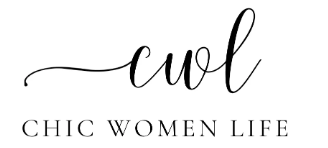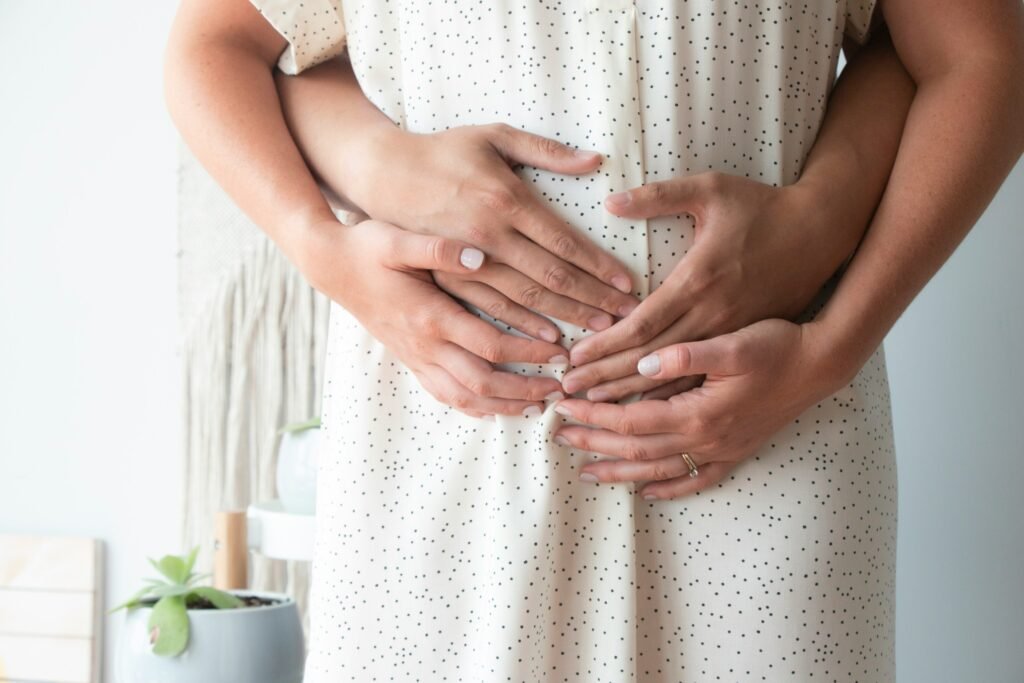
1st trimester
Visit your doctor
As soon as you think you’re pregnant, go and see your doctor. They can confirm you’re pregnant, determine your due date and help you plan your antenatal health care program
Book the hospital or birth centre
As soon as you know you’re pregnant, discuss your birthing options with your doctor and book the hospital.
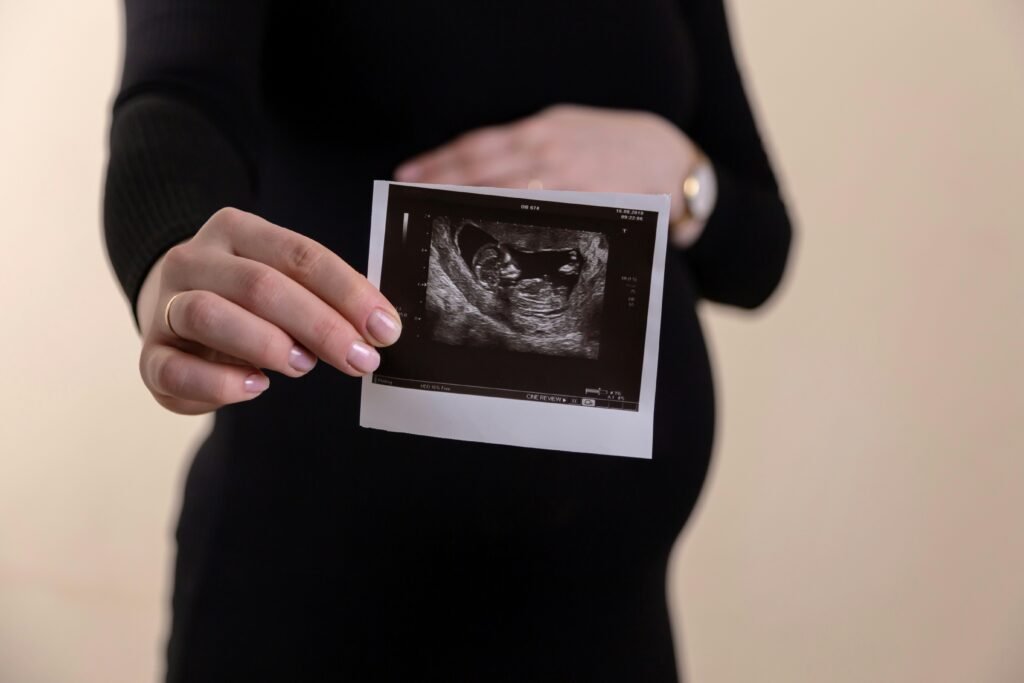
Consider screening tests
From about 11 weeks, you’ll be offered blood tests and ultrasound scans to check on your baby’s development. Your first ultrasound will be between 8 and 12 weeks.
Book your antenatal check-ups
You’ll need regular check-ups throughout your pregnancy to make sure everything’s going well. Your first antenatal visit should be between 10 and 16 weeks.
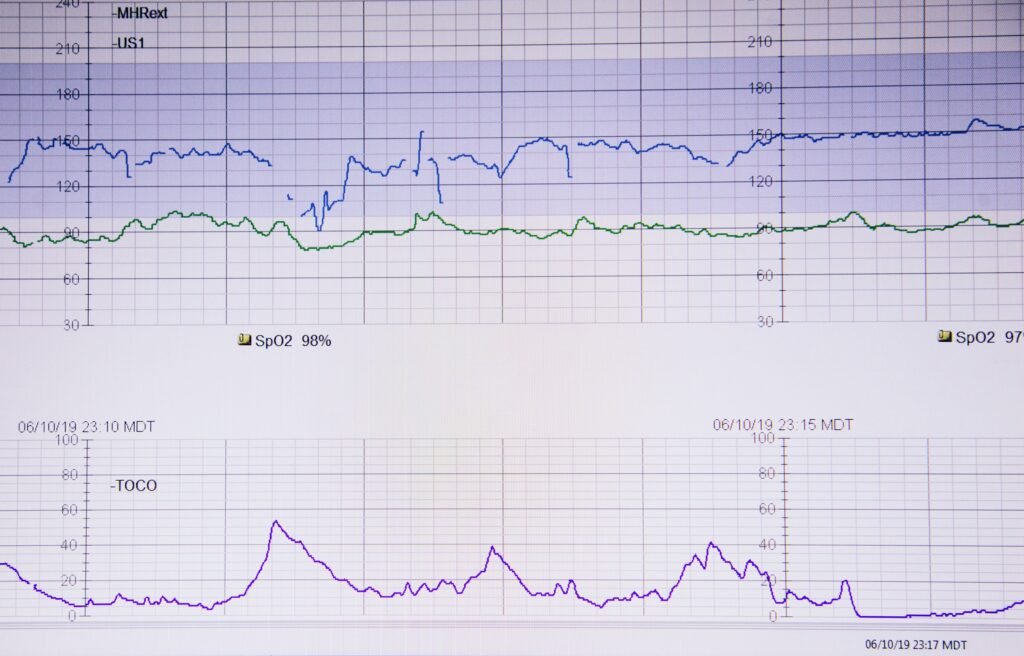
Cut down on caffeine
Tave less than 200 mg of caffeine a day. That’s the equivalent of about 2 espressos. Don’t forget caffeine’s in chocolate, tea, some soft and energy drinks too.
Exercise regularly
Keep active and try to take 30 minutes of moderate exercise, like walking or swimming, every day.
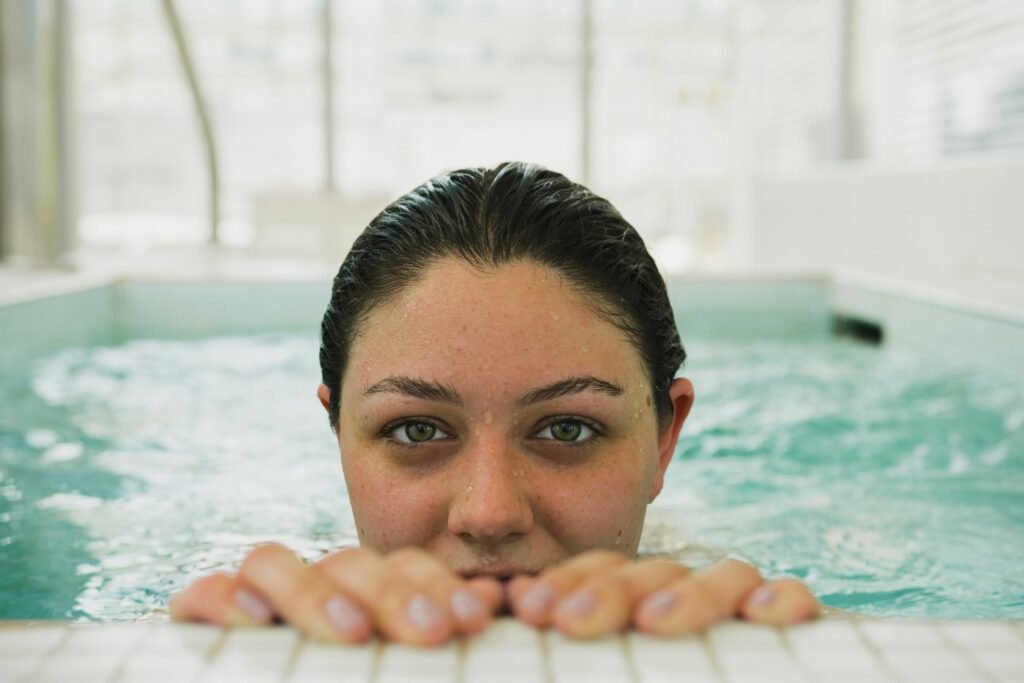
Stop cleaning the cat litter tray
If you have a cat, wear rubber gloves to clean out the litter tray, or ask someone else to do it. If you garden, it’s also a good idea to wear gloves.
2nd trimester
Join a birth group
Share your experiences and get support from other pregnant women due to give birth around the same time as you.
Make a birth plan
Discuss your preferences for labour and delivery with your GP and your partner and write out a birth plan. You can be as detailed as you want – if you’d like to listen to Mozart in the delivery room, make a note!
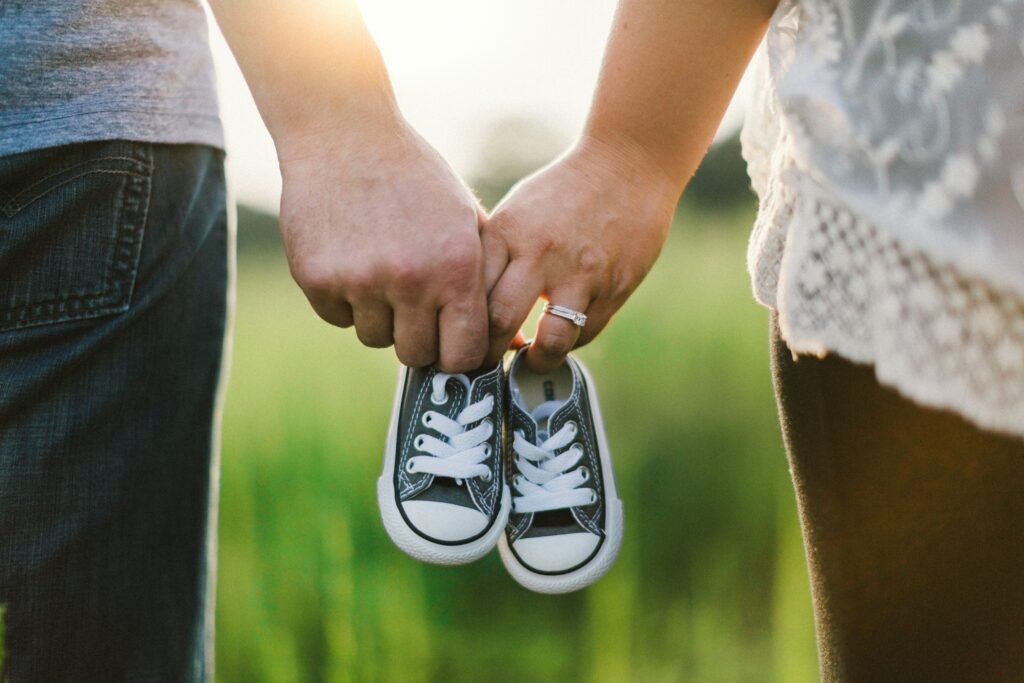
Learn about breastfeeding
Breastfeeding your baby has great health benefits for both of you. If you’re planning to breastfeed, your midwife will give you advice on technique.
Go shopping for maternity wear
You’ve probably noticed that your clothes don’t fit properly – it’s time to look for maternity clothes! You’ll also need a maternity bra.
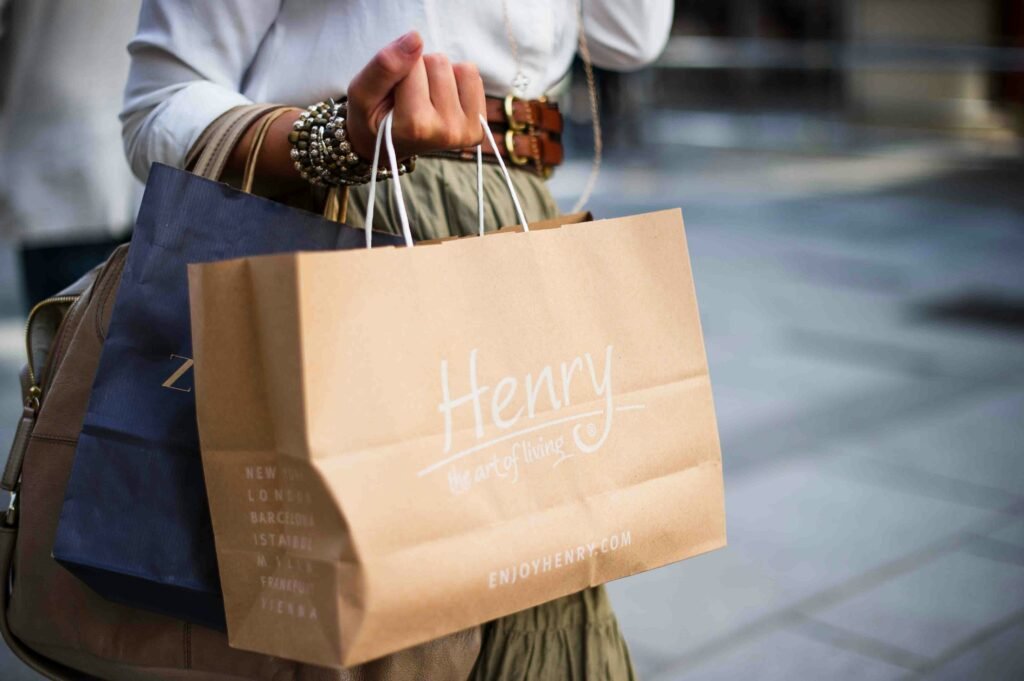
3rd trimester
Buy another maternity bra
Your breasts will have grown from the first maternity bra you bought, so you’ll need a fitting for another one at about 28 weeks.
Buy or borrow the essential baby equipment
As well as the nursery furniture, you’ll need a pram, baby clothes, nappies and other essential supplies. There are lots of options to buy new or perhaps borrow from friends and relatives with older children.
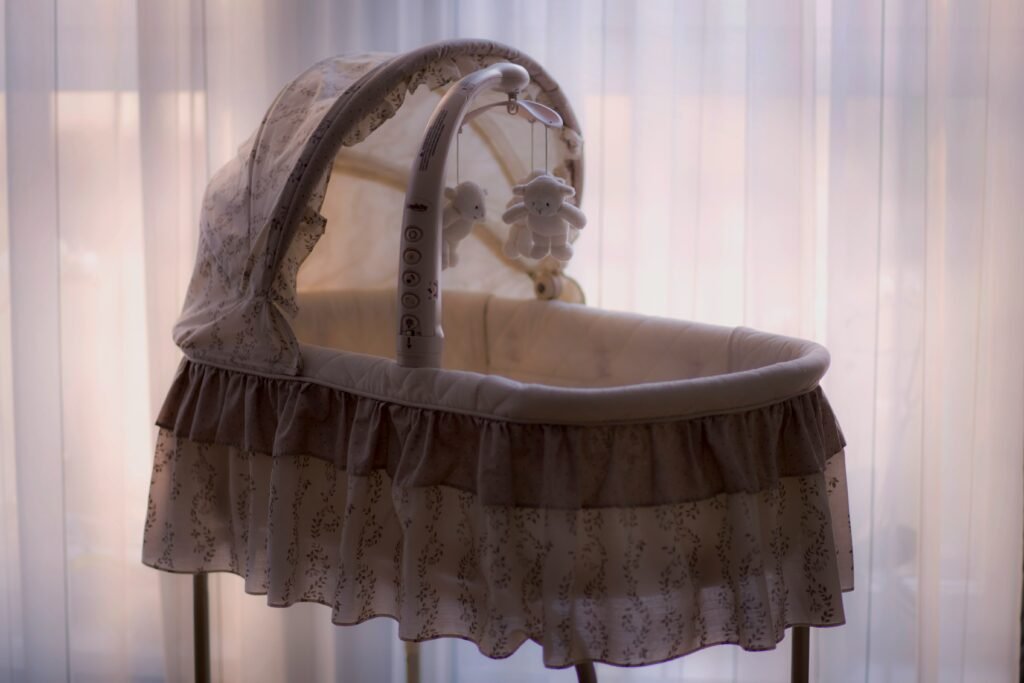
Prepare the nursery
Set up the baby’s room so it’s ready when you get home from the hospital.
Pack your hospital bag ready
You may need to get to the hospital quickly, so have your hospital bag packed and waiting to go. Remember you need to include supplies for baby too.

